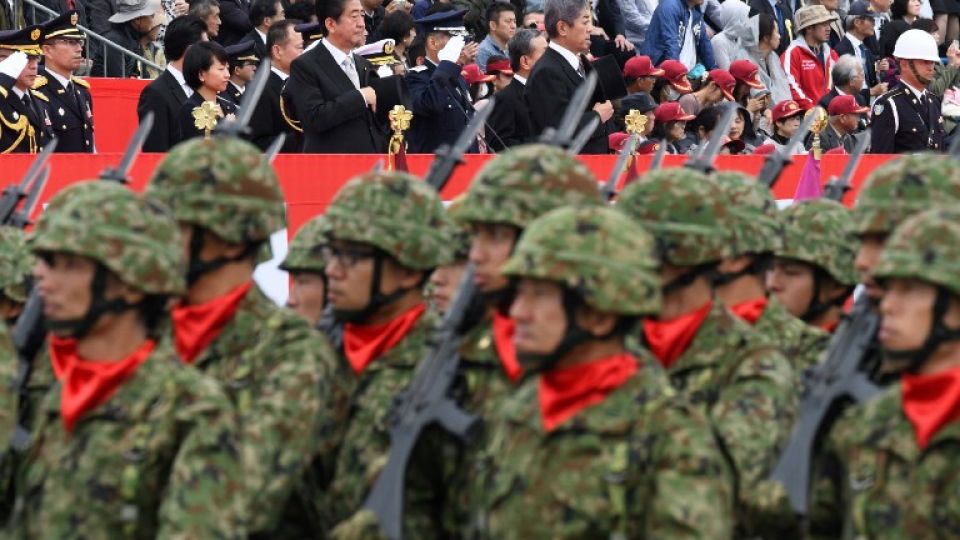July 12, 2019
US coalition plan puts Japan in hot seat amid rising tensions over Iran.
The Japanese government intends to gather information from U.S. authorities and carefully consider its response to a U.S. plan to form a coalition to protect waters in the Middle East, including the Strait of Hormuz, according to sources. The U.S. plan comes amid rising tensions over Iran.
Several Japanese government sources said Wednesday that the United States has not formally discussed the coalition with Japan. Many in the government are cautious, with one senior Defense Ministry official saying: “Attacks on ships have not occurred repeatedly. The situation doesn’t require us to dispatch naval vessels.”
Though the security-related laws that took effect in 2016 expanded the scope of the Self-Defense Forces’ activities, major obstacles remain regarding the dispatch of SDF personnel.
The SDF can provide logistical support such as refueling and supply transport when multinational forces tackle a situation that threatens the peace and security of the international community. However, SDF members cannot engage in activities that could involve the use of force, and can only provide logistical support through a resolution by the U.N. General Assembly or the U.N. Security Council.
“[The coalition] is unlikely to be based on past U.N. resolutions on sanctions against Iran,” said a senior Foreign Ministry official, suggesting a new resolution is necessary for the SDF to provide logistical support to the planned coalition.
Under the antipiracy law, the Maritime Self-Defense Force currently operates in waters off Somalia to protect ships from pirates.
However, the SDF’s activities are strictly limited to antipiracy under the law. The prevailing view is that it will be difficult to apply the law to enable the SDF to operate in the Strait of Hormuz, where Iran is suspected of involvement in tanker attacks.
Japan, which has traditionally maintained friendly relations with Iran, faces difficult decisions if it joins the coalition. Prime Minister Shinzo Abe visited Iran on June 12 and 13 and met with Iran’s Supreme Leader Ayatollah Ali Khamenei and Iranian President Hassan Rouhani.
Abe is considering holding more talks with Rouhani on the sidelines of the U.N. General Assembly in September. However, Iran is likely to react negatively if Japan joins the coalition at the behest of the United States.


